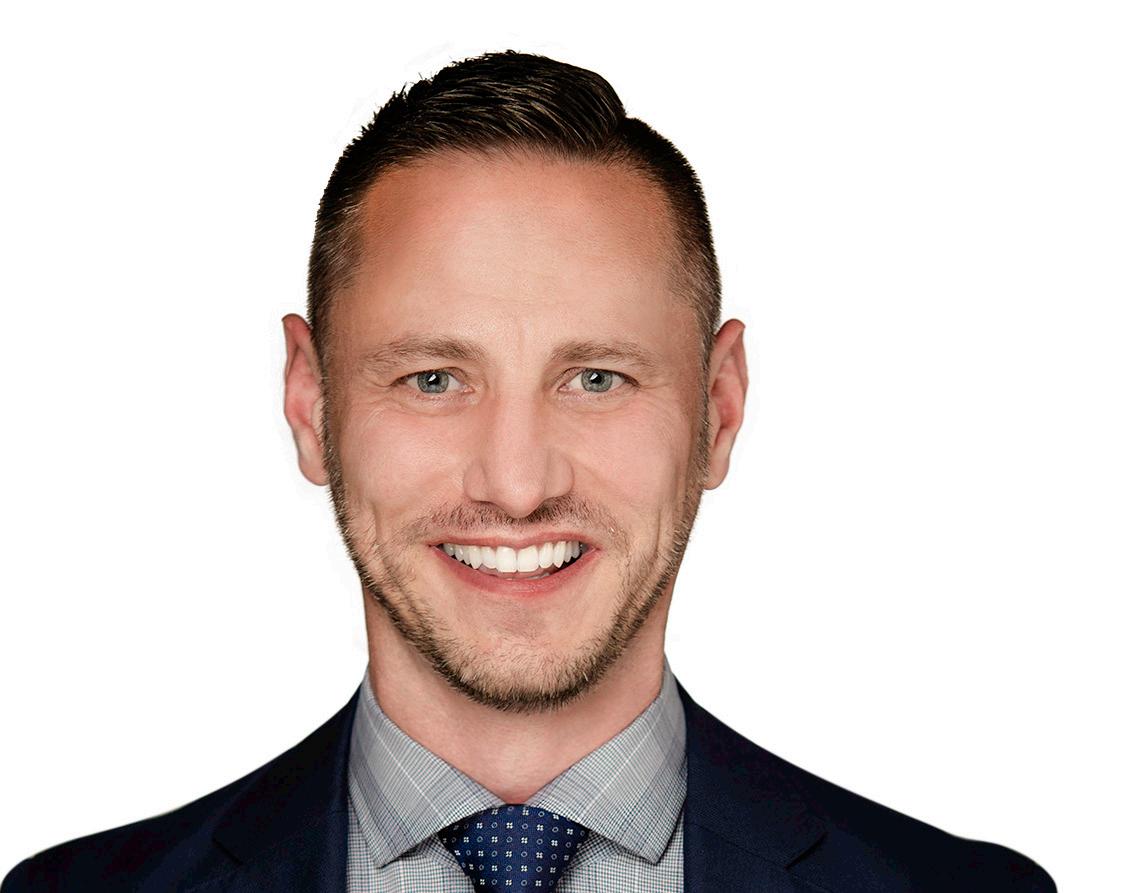
2 minute read
Change… Deepak Krishnan
from Face to Face® October 2021
by IAOMS
CHANGE…
AS I student travelling to London in 1998, I was not only clueless and penniless, but also resourceless. I remember making a phone call to my eager parents in Nairobi from a payphone at some street corner near Piccadilly Circus two days after my arrival and holding back the information about my struggles to secure a decent place to stay for the next few months leading to my FDSRCS examination.
Fast forward to 2017; as an attendee travelling to the Hong Kong ICOMS, I got off the plane, turned on my cellphone, FaceTimed my wife in Cincinnati announcing my safe arrival, summoned a ride on Uber to my Airbnb near the conference center. I used Yelp to find local favorites and Michelin starred restaurants throughout the trip.
How the world has adapted to disruptive technology influencing our daily living in ways we couldn’t even have conceived a couple of years ago! The yellow cabs of New York city are predicted to be replaced by rideshare options. The quaint bed and breakfast joints of Edinburgh can be booked online through VRBO without hassle from anywhere in the world. Messaging apps has changed the landscape of microfinancing in even the remote corners of the world. The conveniences and such comforts are on your fingertips in today’s world.
This issue of Face to Face is about disruptive tech in OMS – innovations that are about to make a splash in our specialty. Some of the technology and products are already here, such as patient specific implants (PSI) but some are about to burst on to the scene such as tooth bud ablation (TBA) technology.
As innovators and thinkers obsess about change and the future, I was struck by Jeff Bezos’s reflection when asked about this, “What’s going to change in the next 10 years? I submit to you that a second question is actually the more important ‘What’s not going to change in the next 10 years?”
In his world, that would be knowing 10 years later, his customers would still want low prices, fast delivery, and a vast selection. His idea is to build a strategy of growth around what would not change.
What do we think will not change in the 10 years in OMS? Suffering and disease, psychological impact of deformities, the thirst for empathetic care, a human touch, the quest for education, ethics…
The human factor will ultimately trump the machine in the era of AI, VR, and other forms of tech. The technology may help us become more accurate, efficient, and predictably successful. But the soft skills in surgery such as empathy, tenacity, resilience, and even professional jealousy or competition cannot be programmed into an algorithm, at least not yet. ■





